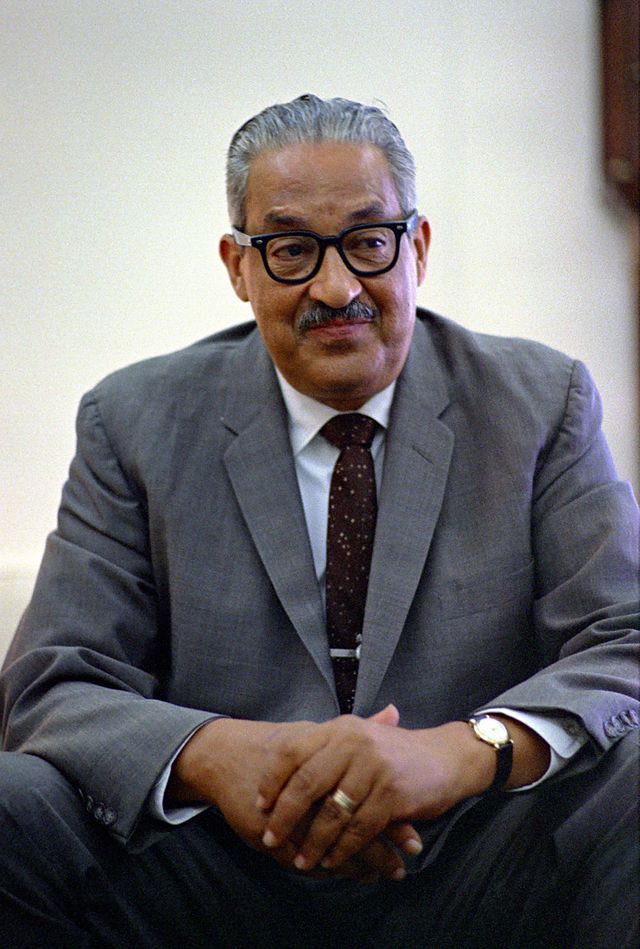Learn about Thurgood Marshall, the first Black U.S. Supreme Court Justice. Discover his journey, key cases, and impact on civil rights in simple terms.

Thurgood Marshall: The Man Who Fought for Justice
Thurgood Marshall was a fearless lawyer and judge who stood against injustice. He was the first Black justice on the U.S. Supreme Court. He dedicated his life to fighting for equality and helped end racial segregation in schools. His work changed American history forever—proving that one person’s courage can reshape a nation.
🌍 For more inspiring stories and news, check out America112
Early Life and Education
Born on July 2, 1908, in Baltimore, Maryland, Marshall grew up in a world filled with racial injustice. His father loved law and often discussed court cases at the dinner table. These conversations lit a fire in young Thurgood’s heart.
Determined to make a difference, he studied at Lincoln University and later at Howard University School of Law. Back then, many law schools didn’t admit Black students. But Marshall didn’t let that stop him.
At Howard, he was mentored by the legendary Charles Hamilton Houston, who taught him that the law is a powerful weapon against racism.
Fighting for Civil Rights
After graduating, Marshall joined the NAACP in 1936. He traveled across the U.S., fighting unjust laws and defending innocent Black Americans who were wrongly accused.
Each courtroom victory wasn’t just for a single client—it was a strike against systemic racism. He fought fearlessly, even when the odds were stacked against him.
Brown v. Board of Education
The case that changed everything was Brown v. Board of Education in 1954. At the time, U.S. schools were segregated, and Black children were forced to attend separate, often inferior schools.
Marshall stood before the Supreme Court and argued that segregation was wrong and unconstitutional.
He won.
This historic ruling declared that segregation in schools must end—and it opened doors for millions of children.
Becoming a Supreme Court Justice
In 1967, President Lyndon B. Johnson appointed Thurgood Marshall to the U.S. Supreme Court—the first Black justice in history.
For 24 years, he stood firm for civil rights, freedom of speech, and equal justice. His powerful dissents often spoke for the voiceless, challenging unjust rulings and protecting the Constitution’s core values.
Marshall’s appointment was a turning point, just like Princess Diana’s lasting impact on the world—a moment of hope and progress.
His Legacy
Marshall retired in 1991 and passed away in 1993. But his spirit lives on. He remains a guiding light for lawyers, activists, and dreamers who believe in fairness and justice.
He proved that one voice can spark a movement. That justice isn’t just an idea—it’s something worth fighting for.
Just as Mother Teresa’s legacy of love and compassion, Thurgood Marshall’s work reminds us of the power of serving others. His work highlights the importance of helping others.
Conclusion
Thurgood Marshall didn’t just practice law—he changed it. Through courage, intellect, and a deep belief in justice, he made America a better place.
His story teaches us:
No battle is too big when you’re fighting for what’s right.
💬 Call to Action:
Do you admire Thurgood Marshall’s work?
Share this story and let others know why his legacy matters now more than ever.

